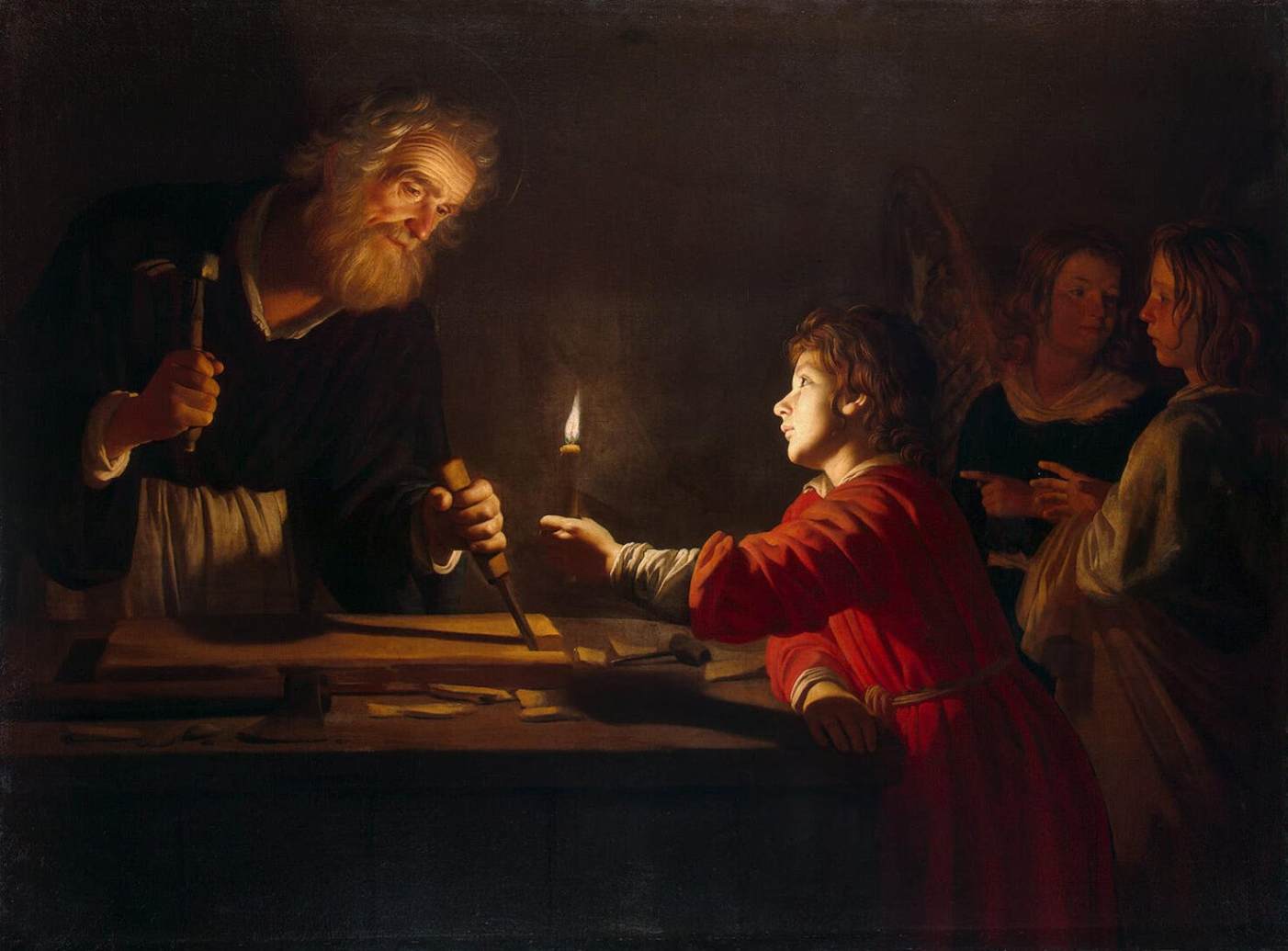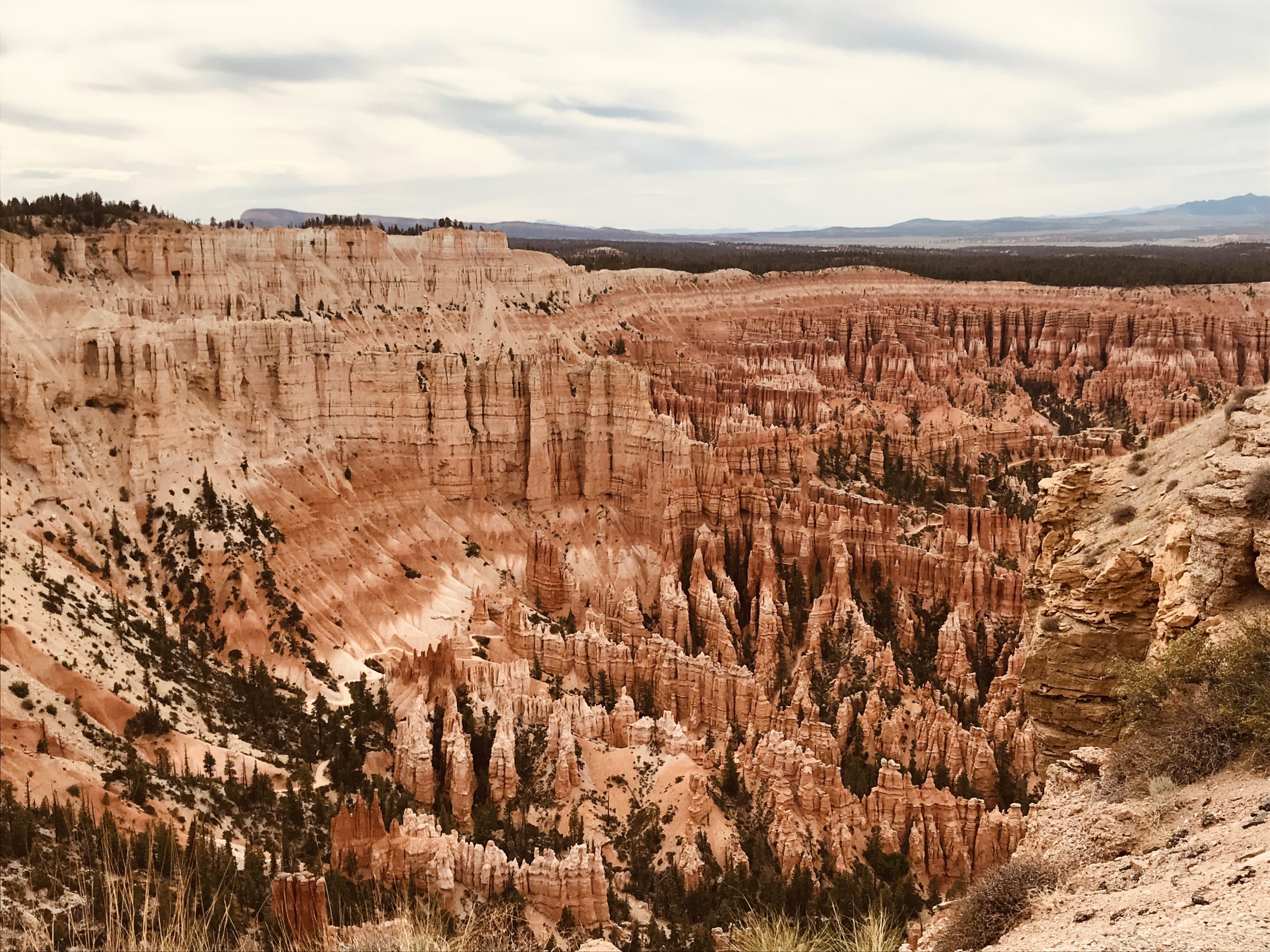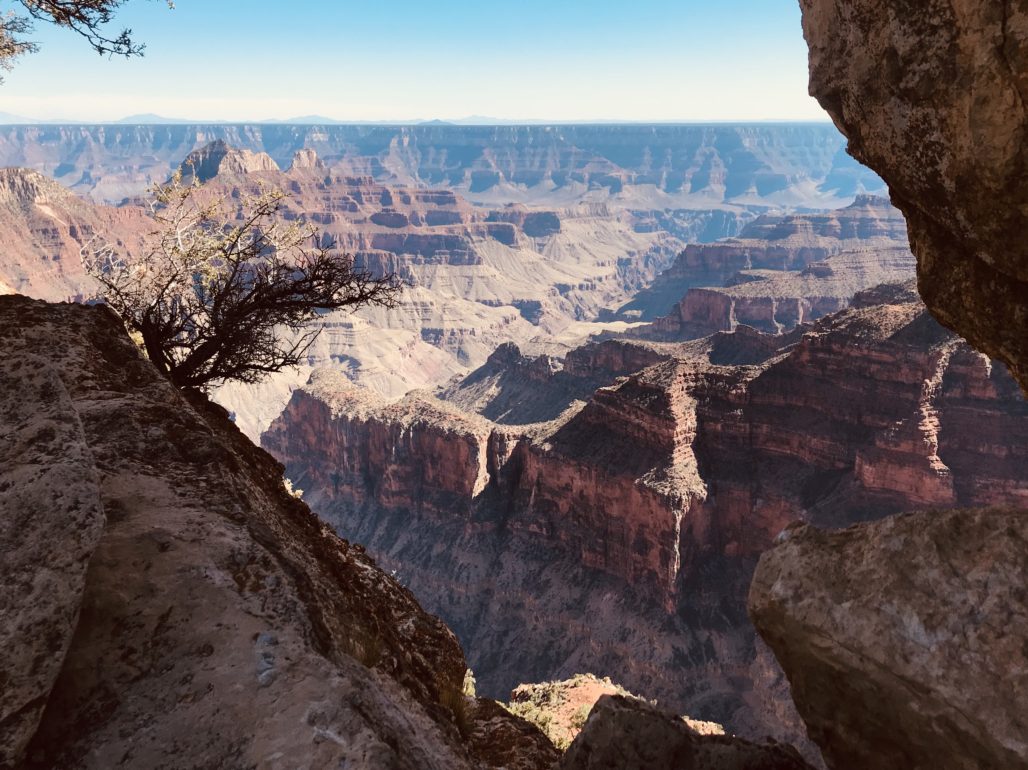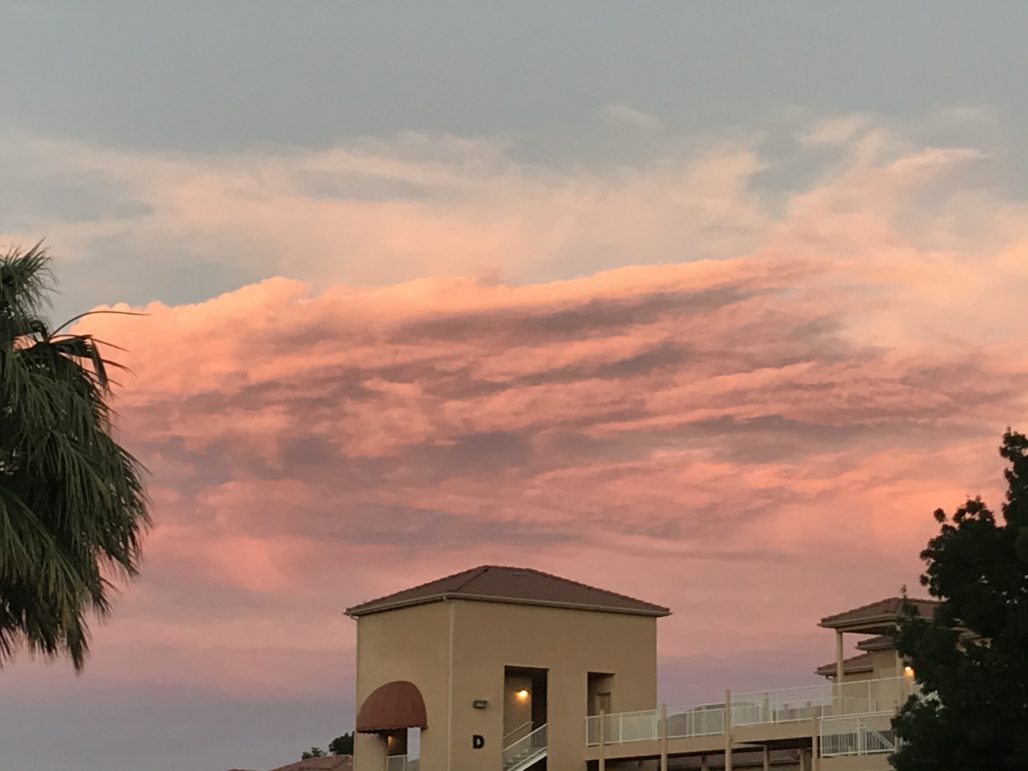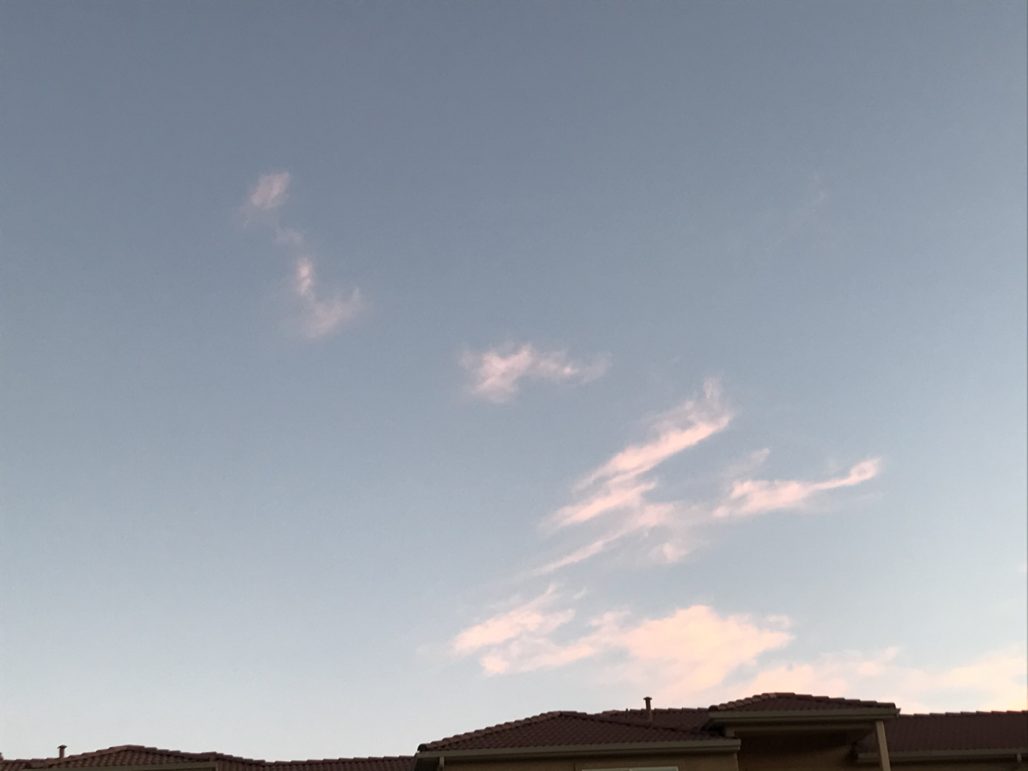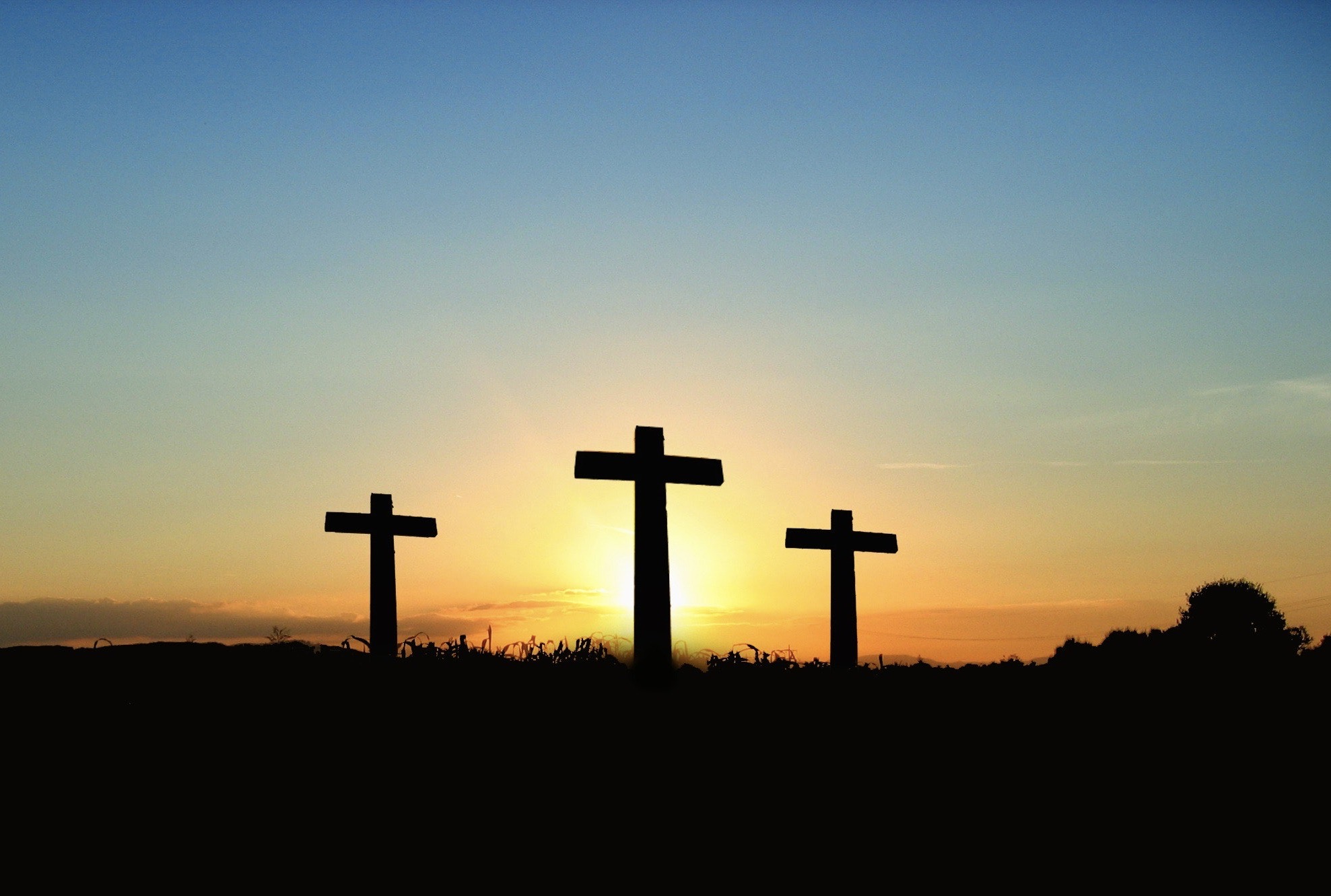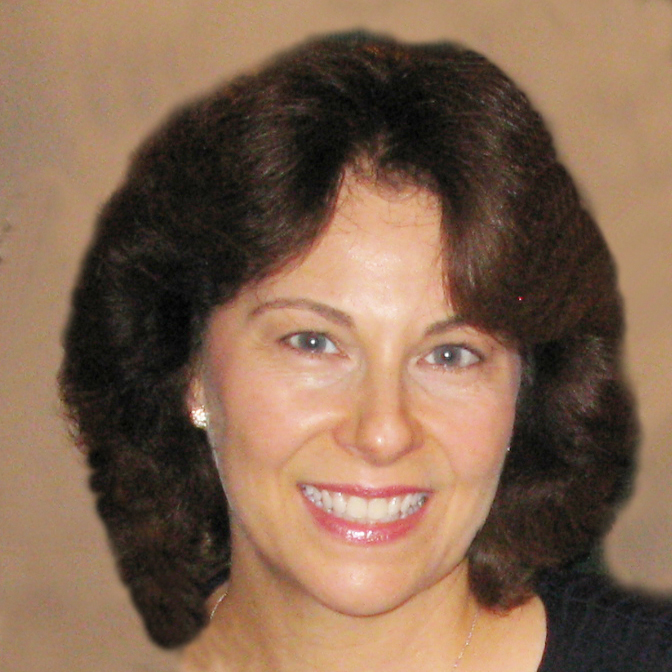Blessed Be God Forever: An Advent Prayer
Today is one of my favorite Sundays in the Liturgical Year – Gaudete Sunday. The priest wears the beautiful pink vestments and we light the pink Advent candle. This is the day we focus on rejoicing that Jesus’s coming is near. The music is always beautiful, but today so was the silence.
Growing up, there was always a separation between the Offertory Song in which people brought up the gifts of bread and wine and the collection money (for the support of the parish), and the prayers we spoke during the Preparation of the Gifts. In recent years, the Offertory Song continues until the priest has completed all the Preparatory prayers in silence without our participation. Blurring things together has caused us to miss so much of what is happening and has deprived us of the moments of silence we need to truly reflect. Today though, the music stopped and then the priest was heard saying, “Blessed are you, Lord God of all creation, for through your goodness we have received the bread we offer you: fruit of the earth and work of human hands, it will become for us the bread of life.” When we responded, “Blessed Be God Forever,” I was filled with the joy that this Sunday brings and I finally understood joy on a deeper level.
So many in our world seek happiness. It is not wrong to be happy with our accomplishments, but when we only seek happiness in a secular way, it quickly becomes a pursuit of acquiring things and advancing our own goals and status. Without God at the center, we only seek temporal happiness and forget to seek joy. Joy is the state of rejoicing in the love of God. When we stop to praise Him in spite of the vicissitudes of life, He reveals to our souls even greater depths of the love He has for us. Thus we can experience joy even when we are not experiencing human happiness.
King David spent much time in silent contemplation and composed many Psalms praising God. He understood the connection between giving praise to God and receiving the gift of joy in return. The Blessed Virgin Mary offered her beautiful canticle of praise, “My soul proclaims the greatness of the Lord and my spirit rejoices” (Lk 1:46) when she visited Elizabeth. After months of silence Zachariah’s first words were “Blessed be The Lord.” (Lk 1:68)
This Advent we still have the opportunity for moments of silence, moments of prayer, and moments of praise. We have time to make room in our hearts and invite Him in. Thirty years ago I composed an Advent Prayer that I would like to share with you now. May we all have a Blessed Christmas.
A Prayer to The Holy Family
Most Holy St. Joseph, my protector and guide, watch over me with the love and faithfulness you showed toward Jesus and Mary. May I follow your example in humility and total submission to God’s will. Teach me more and more each day to be obedient to the Will of God.
Holy Mary, Mother of God and my mother too, watch over me with your gentle care and teach me to walk in the way of holiness through charity, chastity (according to my state), obedience, and love for God’s Will. Teach me to praise Him through all situations and to see His loving hands molding me as I endure difficulties. Teach me to love as you love and trust as you trust.
My Beloved Jesus, who humbled yourself to walk among us, may my contemplation of your great sacrifice cause me to love you more. May your goodness and mercy teach me to forgive others. Grant that I may always be as faithful to you as your Virgin Parents were. And when I willfully lose my way through sin, hesitate not to run to me and bring me back to your fold. My Shepherd of Goodness and Mercy, look not upon my sins, but upon my weakness and wretchedness. Have compassion on me O God and teach me to be obedient to your patient instruction.
Holy Family, I desire to live as you lived at Nazareth – simply, humbly, and ever mindful of what is pleasing to God. Teach me to serve God as you served Him and worry not about the problems of the day, but put my cares in our Loving Father’s hands so that I never lose my focus on Him and never cease praising Him. Holy Family, intercede for me and bring me the graces I need to so that this prayer will come to pass. Amen.

